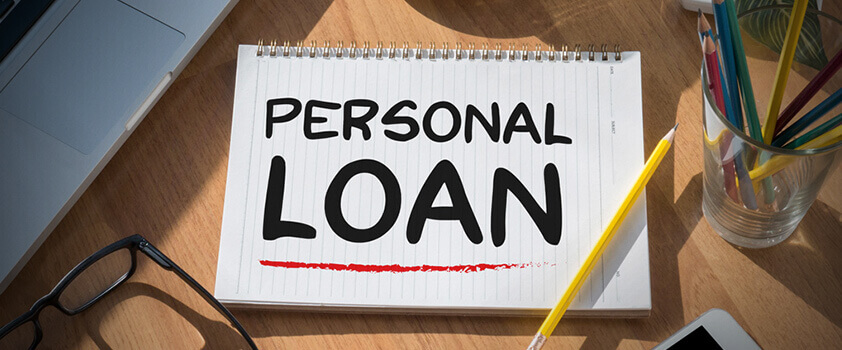In the financial world, loans play a significant role in meeting various personal and business needs. However, lenders face the risk of borrowers defaulting on loans, which could lead to substantial financial losses. To mitigate this risk, lenders often require borrowers to provide collateral as security against the loan amount. In the Philippines, collateral holds a vital position in the loan application process and impacts both borrowers and lenders in several ways.
Understanding Collateral and Its Importance
Definition of Collateral
Collateral is an asset or property pledged by a borrower to a lender as security for a loan. It acts as a form of assurance to the lender that if the borrower defaults, they can claim ownership of the collateral to recover the outstanding debt.
Types of Collateral
There are various types of collateral accepted by lenders, including real estate properties, vehicles, jewelry, valuable assets, and even savings or time deposits. The type of collateral required may vary depending on the loan amount and the lender’s policies.
The Role of Collateral in Securing Loans
Collateral as a Risk Mitigation Strategy
Collateral serves as a risk management tool for lenders. By having collateral, lenders reduce their exposure to potential losses, making them more confident in offering larger loan amounts and lower interest rates.
Impact on Loan Approval and Interest Rates
Collateral significantly influences the loan approval process and interest rates. Secured loans with collateral are generally more accessible and come with lower interest rates compared to unsecured loans, as the latter pose higher risks to lenders.
Common Collateral Assets in the Philippines
Real Estate Properties
Real estate properties, such as land, houses, and condominiums, are among the most commonly used collateral in the Philippines. These assets hold significant value, making them favorable for both borrowers and lenders.
Vehicles
Vehicles, including cars and motorcycles, can also serve as collateral for securing loans. The value of the vehicle and its condition are factors that determine its eligibility as collateral.
Jewelry and Valuables
Precious items like jewelry, watches, and other valuable possessions can be pledged as collateral. Lenders consider the appraised value and marketability of such items.
Savings or Time Deposits
Some lenders accept savings accounts or time deposits as collateral. The amount deposited often determines the loan amount that can be secured.
Legal Aspects of Collateral in the Philippines

Legal Requirements and Documentation
In the Philippines, there are legal requirements for using collateral in loan agreements. Proper documentation and registration are necessary to protect the interests of both parties.
Collateral Repossession and Liquidation
In case of loan default, lenders have the right to repossess the collateral and liquidate it to recover the outstanding debt. The process must adhere to legal guidelines to ensure fairness and transparency.
Advantages and Disadvantages of Collateral-Based Loans
Advantages
Collateral-based loans offer several advantages, such as lower interest rates, higher loan amounts, and increased chances of loan approval, especially for individuals with less favorable credit histories.
Disadvantages
However, collateral-based loans come with risks. Borrowers risk losing their pledged assets if they default on the loan. Moreover, individuals without valuable assets may face challenges in accessing secured loans.
How Collateral Affects Borrowers and Lenders

Borrower’s Perspective
From a borrower’s standpoint, offering collateral can be a tough decision, as it puts their valuable assets at stake. However, it increases the likelihood of loan approval and may offer more favorable terms.
Lender’s Perspective
Lenders benefit from collateral since it provides a safety net against potential losses. It enables them to extend credit to a wider range of customers and offer better interest rates.
Collateral’s Role in Building Credit History
Collateral-based loans also play a role in building a borrower’s credit history. Responsible borrowing and timely repayments positively impact a borrower’s credit score, improving their creditworthiness for future financial transactions.
Alternatives to Collateral-Based Loans
Unsecured Loans
For individuals without valuable collateral, unsecured loans are an alternative. These loans do not require collateral but may come with higher interest rates and stricter eligibility criteria.
Microfinance Institutions
Microfinance institutions provide financial services to individuals with limited access to traditional banking. They often offer smaller loans without requiring collateral, focusing on social development and financial inclusion.
The Future of Collateral in Loan Securing
As the financial landscape evolves, the role of collateral in loan securing may also undergo changes. Advancements in technology and alternative credit assessment methods could impact the significance of collateral in the lending process.







